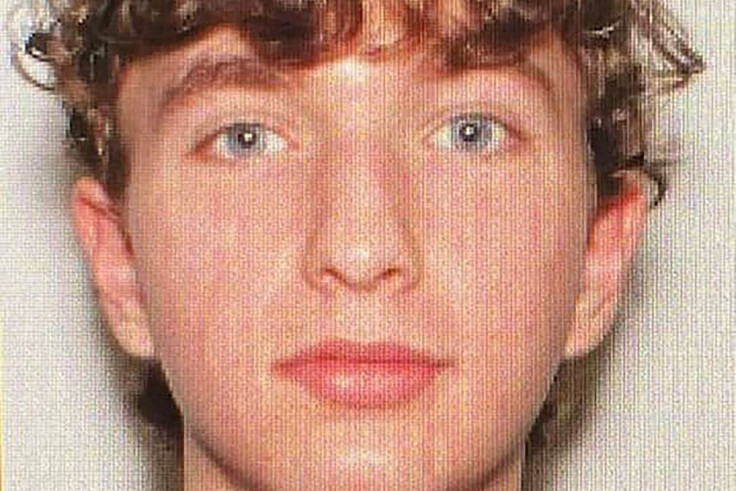Indiana Gunman Identified As 20-year-old Local Man

The gunman who killed three people at a shopping mall near Indianapolis over the weekend before an armed bystander shot him dead was a 20-year-old local who had a juvenile record but no criminal history as an adult, the police chief said on Monday.
The "Good Samaritan" - who was lawfully carrying a firearm while at the shopping center with his girlfriend - stopped the gunman almost as soon the suspect opened fire on Sunday in the food court of a mall in Greenwood, Indiana, outside of Indianapolis, local officials said.
Police identified the gunman as Jonathan Douglas Sapirman and the Good Samaritan as Elisjsha Dicken, 22.
In addition to the gunman, three people were killed and two others were wounded, Greenwood Police Chief Jim Ison told a news briefing. Two of the fatalities were a husband and wife, age 56 and 37 years old, respectively, officials said. The third was a 30-year-old man.
Ison said the actions of Good Samaritan were "nothing short of heroic" in limiting the number of casualties from the shooting spree, which lasted two minutes from the time the suspect opened fire until he was killed.
The gunman had two rifles and a handgun in his possession with several magazines of ammunition and over 100 rounds of bullets.
"Many more people would've died last night if not for a responsible armed citizen that took action very quickly within the first two minutes of the shooting," Ison told reporters.
The motive behind the shooting is not known yet, authorities said.
Federal and local authorities searched the apartment of the suspected gunman early on Monday, a Fox News affiliate in Indianapolis.
STATE LAWS IN FOCUS
A spate of gun violence in public places since May, including mass shootings at a New York grocery store, a Texas elementary school and an Illinois Independence Day parade, has renewed fierce U.S. debate over gun regulations.
Gun rights advocates will likely seize on the killing of the suspect in Indiana as an example of why it is important to allow Americans to carry firearms.
"We will say it again: The only way to stop a bad guy with a gun is a good guy with a gun," the National Rifle Association said in a tweet on Monday morning.
It is rare for a bystander to stop a mass shooting in the United States, according to an analysis by the New York Times. The newspaper showed that only 22 gunmen in the 433 shooting attacks since 2000 were shot by a bystander.
The incident also raises questions regarding the interaction between state law and the rights of companies and businesses to ban weapons on their properties.
The shooting comes just weeks after the Indiana Governor Eric Holcomb signed a bill into law repealing the state's handgun permit requirement. Now, anyone 18 years of age or older who is not legally prohibited from firearm possession may generally carry a concealed handgun in public.
The law conflicts with the policy of Simon Property Group, the owner of the Greenwood Park Mall, which prohibits guns on its properties, according to its website. The Indianapolis-based company was unavailable for comment on Monday.
According to Indiana Attorney General Todd Rokita, private businesses and property owners may restrict gun owners from carrying a weapon on their property.
Even so, it is generally not against the law to ignore a 'no firearms' sign at a private business, he wrote in the state's Gun Owners' Bill of Rights before the weekend shooting.
Rokita said the only consequence from ignoring a company's ban may come only after a direct warning to someone carrying a firearm on the property: "You may commit criminal trespass for entering a business after you have been denied entry or have been asked to leave," the bill of rights reads.
© Copyright Thomson Reuters {{Year}}. All rights reserved.





















